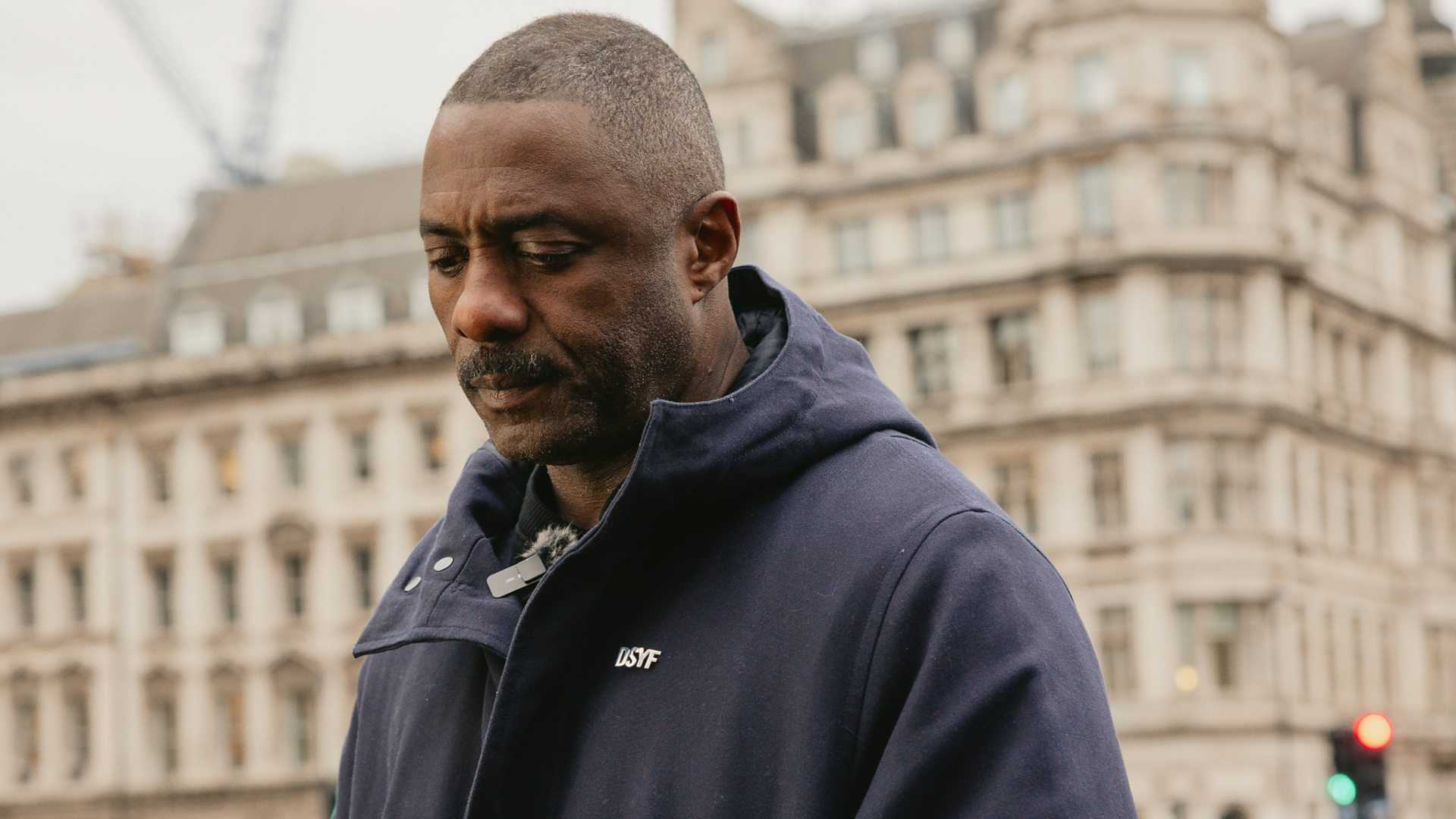News
Idris Elba Calls for Knife Ban and Licensing in UK Amid Rising Crime

LONDON, UK — Actor Idris Elba has called for innovative measures to combat knife crime in the UK, including banning pointed kitchen knives and implementing a licensing system for heritage knives. His proposals come amid rising concerns over violent crime, highlighted by the recent Southport stabbings, where 18-year-old Axel Rudakubana was sentenced to a minimum of 52 years in prison for killing one child and attempting to murder eight others.
Elba, who recently released a documentary on knife crime, emphasized the need for immediate action. “The truth is that kitchen knives are perhaps 25% of the knives used in most of the terrible crimes,” he told the BBC. “So let’s ban them all, and if you have one of those knives, get a license for it. Simple as that.”
The actor also suggested redesigning kitchen knives to remove their sharp points, arguing that such a change could reduce the lethality of attacks. “You can still cut your food without the point on your knife,” he said. “In a country in crisis, I’m sorry, but yeah, let’s look at that.”
Elba’s documentary, which explores the reality of knife crime in the UK, features interviews with offenders, families, youth workers, and police, as well as discussions with Labour leader Keir Starmer and King Charles. It highlights the doubling of knife crime over the past decade, with an average of four knifings occurring weekly. Two-thirds of perpetrators are white, and most knives used in crimes are specialist weapons, often purchased online.
The actor also criticized social media platforms for glorifying knife culture. “When it comes to big tech, their policies need to be educated and driven by what society deems is right or wrong,” he said. “We don’t like knives, we’re not going to tolerate you advertising knives to young people.”
Elba’s proposals have garnered support from various quarters, including the Church of England, judges, trauma doctors, psychiatrists, and victims. They argue that banning pointed kitchen knives would make life-threatening injuries far less likely.
Meanwhile, the UK government has faced criticism for its response to the Southport stabbings. Home Secretary Yvette Cooper has launched a public inquiry and proposed restrictions on knife sales, but critics argue that these measures are overshadowed by budget constraints and a lack of immediate action.
Elba’s documentary offers a stark contrast to the political discourse, focusing on practical solutions such as restoring youth services budgets, implementing mentor programs, and addressing school exclusions. As one police officer in Coventry noted, mentor programs “definitely work.”
With knife crime continuing to rise, Elba’s call for innovative prevention methods has struck a chord with the public. As he concluded, “It takes a village.”












